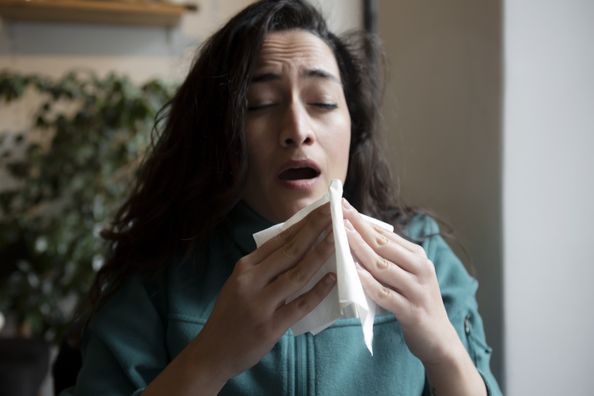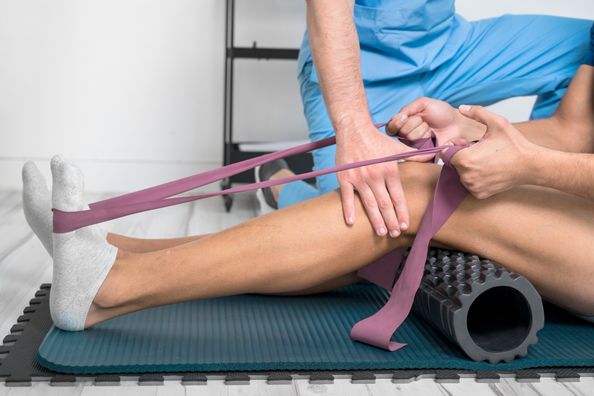When illness or injury strikes, knowing where to go for care can make a significant difference in your family’s health and well-being. At The South Bend Clinic, our Immediate Care Centers are designed to provide you with the timely, expert medical attention you need when you need it most.
Conditions Treated at Immediate Care Centers
Our Immediate Care Centers are equipped to handle a wide range of non-life-threatening conditions that require prompt attention. Some of the common conditions we treat include:
- Minor Injuries: Sprains, strains, minor fractures, broken bones and cuts that may require stitches.
- Illnesses: Cough, cold, and flu symptoms, sore throats, ear infections, and sinus infections.
- Skin Conditions: Rashes, insect bites, minor burns, and skin infections.
- Digestive Issues: Vomiting, diarrhea, and mild to moderate abdominal pain.
- Respiratory Problems: Asthma attacks, bronchitis, and mild breathing difficulties.
- Other Conditions: Urinary tract infections, allergic reactions, and mild dehydration.
- Sports Physicals: Comprehensive evaluations to ensure your child is ready and safe to participate in sports activities.
To support the treatment of various conditions, SBC Immediate Care Centers provide on-site testing for a range of needs, such as:
- Lab Services: Blood work, advanced lab services, and rapid tests for COVID-19, flu, RSV, and strep.
- X‑Rays: Primarily used for orthopedic injuries, such as fractures or sprains, as well as assessing cases where children may have ingested foreign objects.
- CT Scans: Advanced imaging that aids in evaluating head injuries, abdominal pain, and respiratory concerns, providing a detailed view that supports complex diagnoses and ensures precise treatment plans.
- Ultrasound: Used for assessing abdominal pain, including gallbladder issues, kidney stones, appendicitis, soft tissue injuries, and certain gynecological concerns. This safe, radiation-free imaging option helps guide accurate and timely diagnoses.
Note: CT scans, ultrasounds, and lab testing are unavailable after 5 p.m. on weekdays and are not available on weekends
Immediate Care Center vs. Emergency Room: Where to Go?
Understanding the difference between when to go to an Immediate Care Center and when to seek help at an Emergency Room can save valuable time and money and ensure you receive the appropriate care. Here’s a quick guide:
Visit an Immediate Care Center If:
- Your condition is not life-threatening.
- You have a minor injury that doesn’t involve severe bleeding or broken bones protruding through the skin.
- You have symptoms of a common illness, like a cold or the flu.
- You need treatment for minor allergic reactions or mild asthma.
- You require care outside of your primary care physician’s office hours.
Go to an Emergency Room If:
- You are experiencing severe chest pain or difficulty breathing.
- You have a serious head injury or have lost consciousness.
- You are having a severe allergic reaction with difficulty breathing or swelling.
- You have severe abdominal pain, especially if accompanied by fever.
- You are experiencing symptoms of a stroke, such as sudden numbness or weakness, especially on one side of the body, sudden confusion, trouble speaking, or severe headache.
We understand that illnesses and injuries don’t always consult your busy schedule, which is why our Immediate Care Centers are open evenings and weekends. You can choose to walk in at your convenience or schedule an appointment online to reduce waiting times.
At The South Bend Clinic, we are committed to providing you and your family with the highest quality care when you need it most. By knowing where to go — whether it’s our Immediate Care Centers for non-life-threatening conditions or an Emergency Room for more severe issues — you can ensure you receive the right care at the right time.
Find an Immediate Care Center near you today >
Health Topics:








